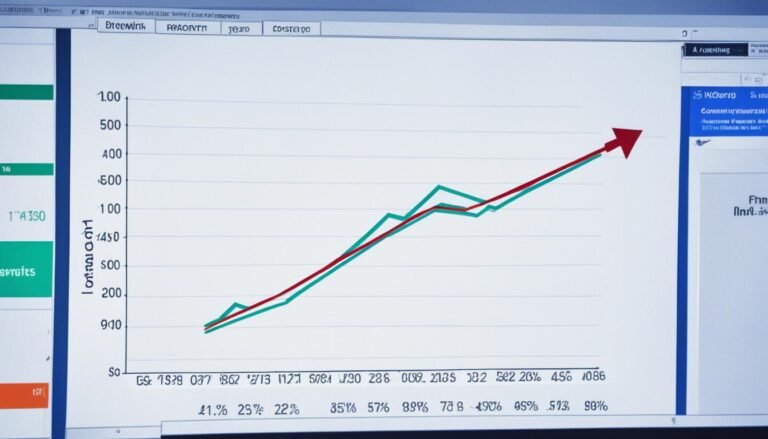Navigating Finance Industry Regulations Effectively
Finance industry regulations are an integral part of ensuring regulatory compliance and promoting stability in the banking and financial services sectors. In the constantly evolving landscape of finance, understanding and navigating these regulations effectively is essential for the success and growth of financial institutions. Banking regulations, financial services regulations, and regulatory requirements are in place…










